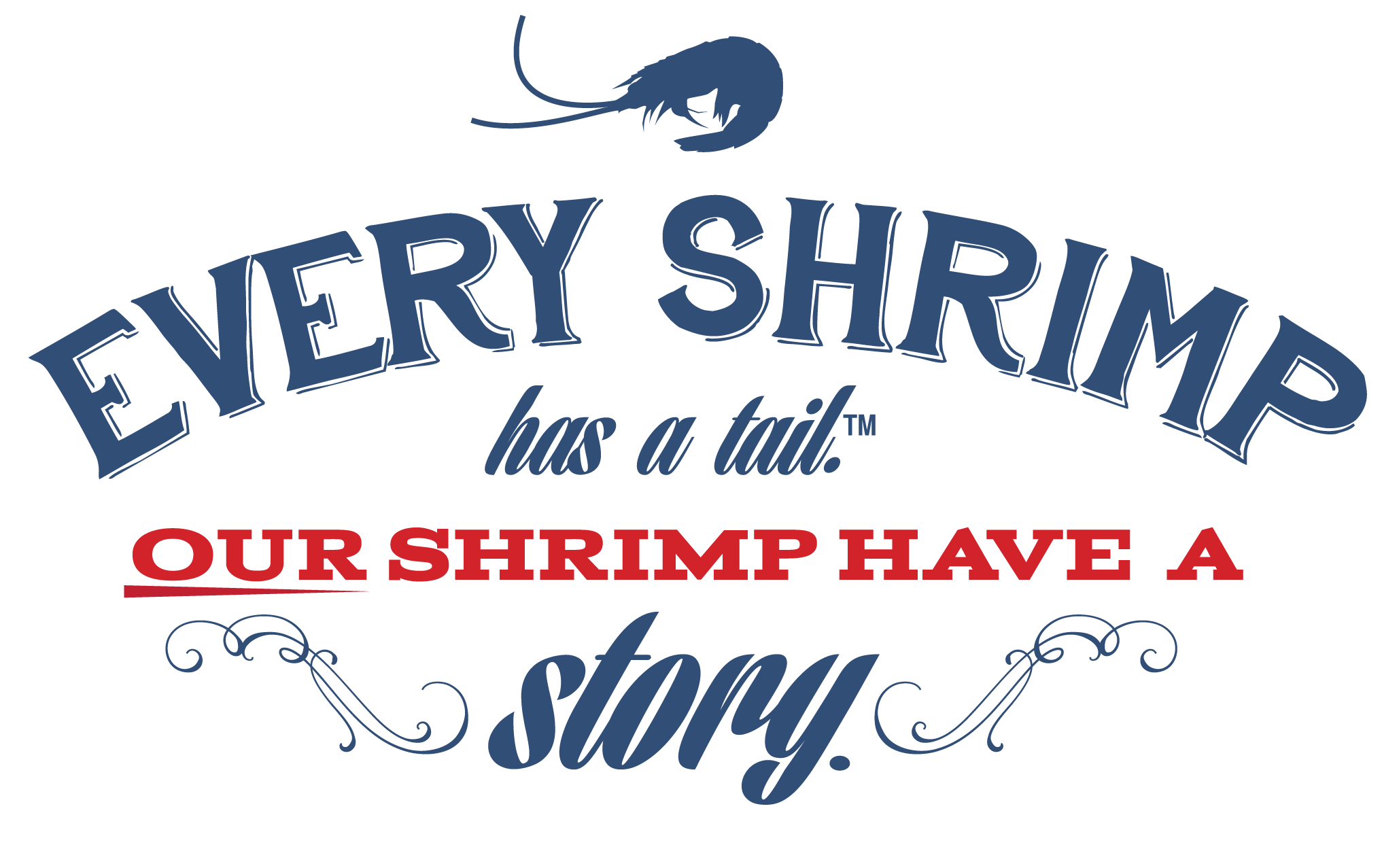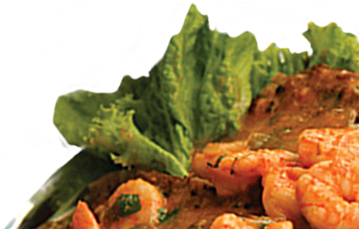American Shrimp Processors Association Applauds Passage of Trade Facilitation and Trade Enforcement Act
The US Senate today passed the Conference Report for H.R. 644, the Trade Facilitation and Trade Enforcement Act (Customs Bill), an important piece of trade legislation that streamlines and enhances US trade remedy laws. The Customs Bill improves the flow of legitimate trade by modernizing the automated import and export system. The legislation also significantly buttresses enforcement of US trade remedy laws to ensure that US industry can compete on a level playing field.
“Congress has taken a major step forward in ensuring that US trade remedy laws work effectively to protect US industries from unfair trade,” declared Dr. David Veal, Executive Director of the American Shrimp Processors Association (ASPA). One major piece of the Customs Bill is the substantive provisions of Congressman Charles Boustany’s PROTECT Act, which establishes new enforcement procedures to combat unfair trade. “Our members are especially thankful to Congressman Charles Boustany for his leadership in making sure this legislation contains provisions that work in the real world of trade,” added Dr. Veal.
The PROTECT Act provisions of the Customs Bill create a dedicated enforcement unit inside of Customs and Border Protection to investigate and combat unfair trade evasion, including a process for effective private sector communication with Customs to ensure efficient redress for allegations of trade evasion. Edward Hayes, counsel to ASPA noted that “this legislation finally provides an effective mechanism for addressing unfair trade evasion that diminishes the value of US and international trade remedy laws that combat illegal trade.”
About the American Shrimp Processors Association: The American Shrimp Processors Association (ASPA), based in Biloxi, Mississippi, was formed in 1964 to represent and promote the interests of the domestic, U.S. wild-caught, warm water shrimp processing industry along the Gulf and South Atlantic with members from Texas to North Carolina. We are the collective voice of the industry, and our focus is to promote the interests of shrimp processors, other segments of the U.S. domestic wild-caught warm water shrimp industry and the general public. More information is available at www.americanshrimp.com


